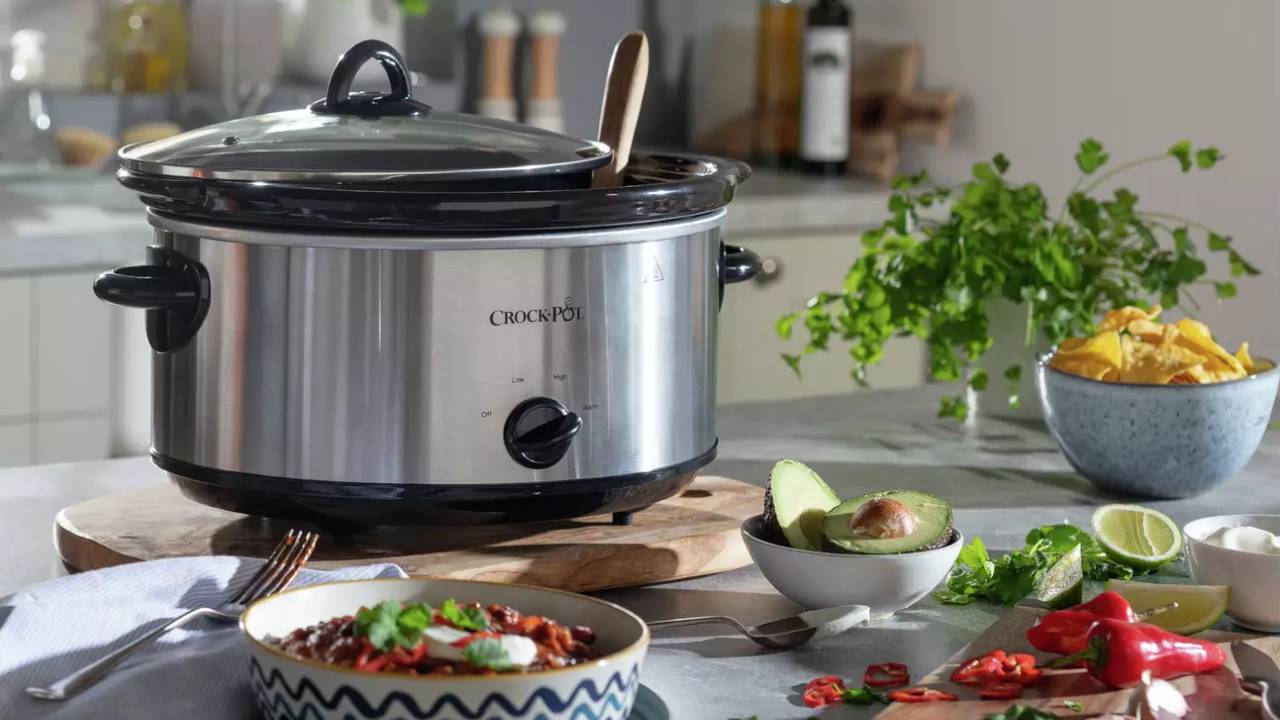
Love using a slow cooker? While the temptation is there to chuck everything and anything into your slow cooker and leave it to bubble away, there are a few foods that won’t fare well under the pressure.
Slow cookers are not to be confused with the best Instant Pot, as these appliances tend to be a combination of multiple cooking methods, like pressure cooking, air frying, steaming and much more. While multicookers will likely have a slow cooking function, the slow cooker does one thing and one thing only… and that’s simmer food at a low temperature for a long period of time.
I’ve looked at foods you shouldn’t cook in an air fryer, Instant Pot and on a barbecue so far, and now it’s the slow cookers turn. A low-slow cooking method is great at breaking down large pieces of meat and creating thick hearty soups and stews. But like many kitchen gadgets, there are some foods – 7 to be precise! – that you shouldn’t be cooking in a slow cooker.
1. Lean & expensive cuts of meat
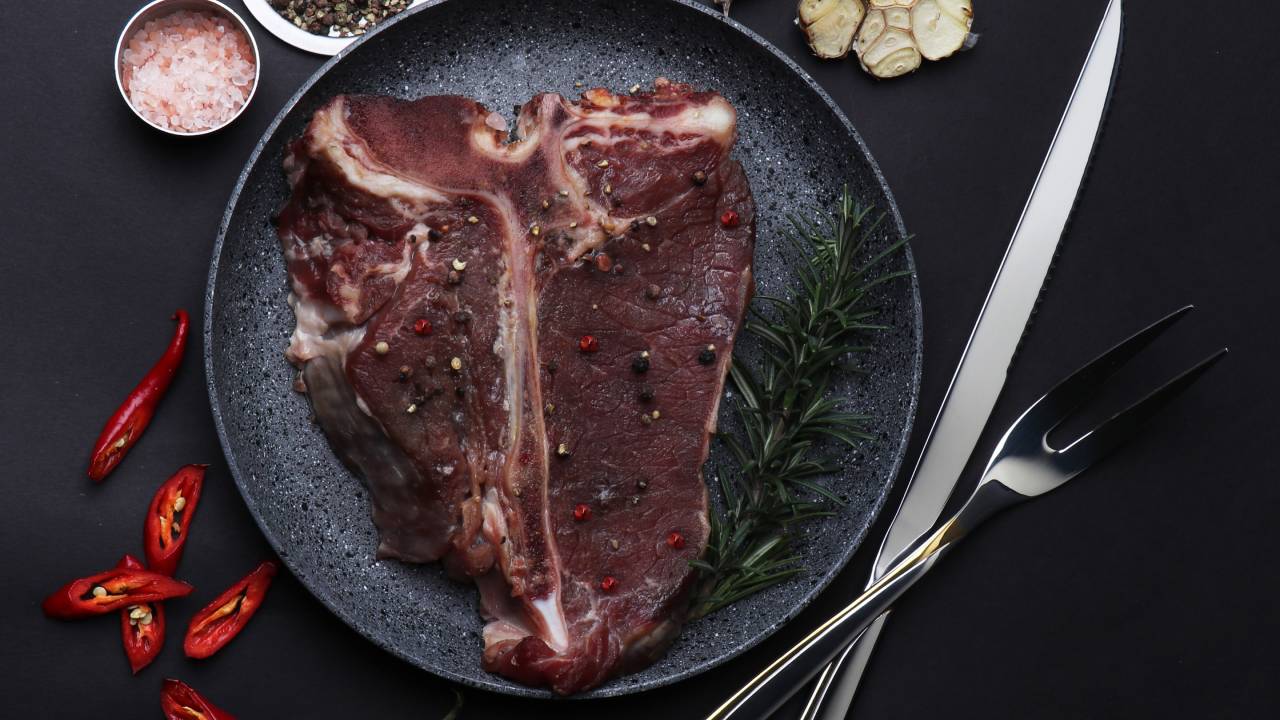
As slow cookers work to tenderise and break down the food you put in it, it’s important to choose meat that can handle this type of heat and pressure. Lean and expensive meats are a definite no-no when it comes to slow cooking. Lean cuts – like steak, pork chops and venison – have a low fat content so when they’re put in a slow cooker, they tend to dry out quickly and become tough and chewy. Slow cooking expensive cuts of meat will have a similar effect, whereas tougher meats like shoulders, shanks or brisket tend to be cheaper and benefit from this cooking method.
2. Chicken breasts
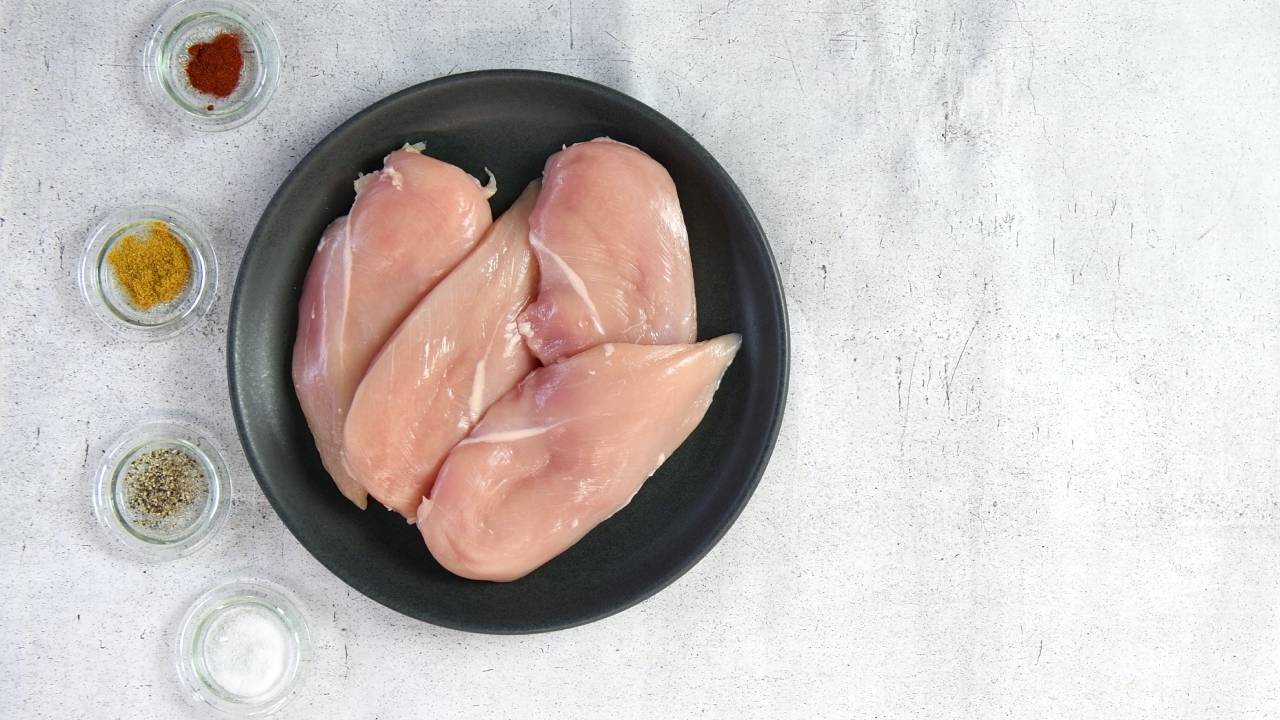
Similar to lean meats, chicken breasts don’t hold up well in a slow cooker as they become rubbery, dry and chewy as they cook so quickly. Chicken with skin on (any meat with skin on, really) should also be avoided when slow cooking, as it will come out greasy, tough and it just won’t look nice when you serve the meal. It’s best to remove meat skin before putting it in your slow cooker, and in general, you should be browning off your meat before slow cooking, as this gets the best depth of flavour. If you desperately want to slow cook chicken, you’re better off choosing chicken thighs rather than breasts as they have more fat and won’t dry out as fast.
3. Seafood
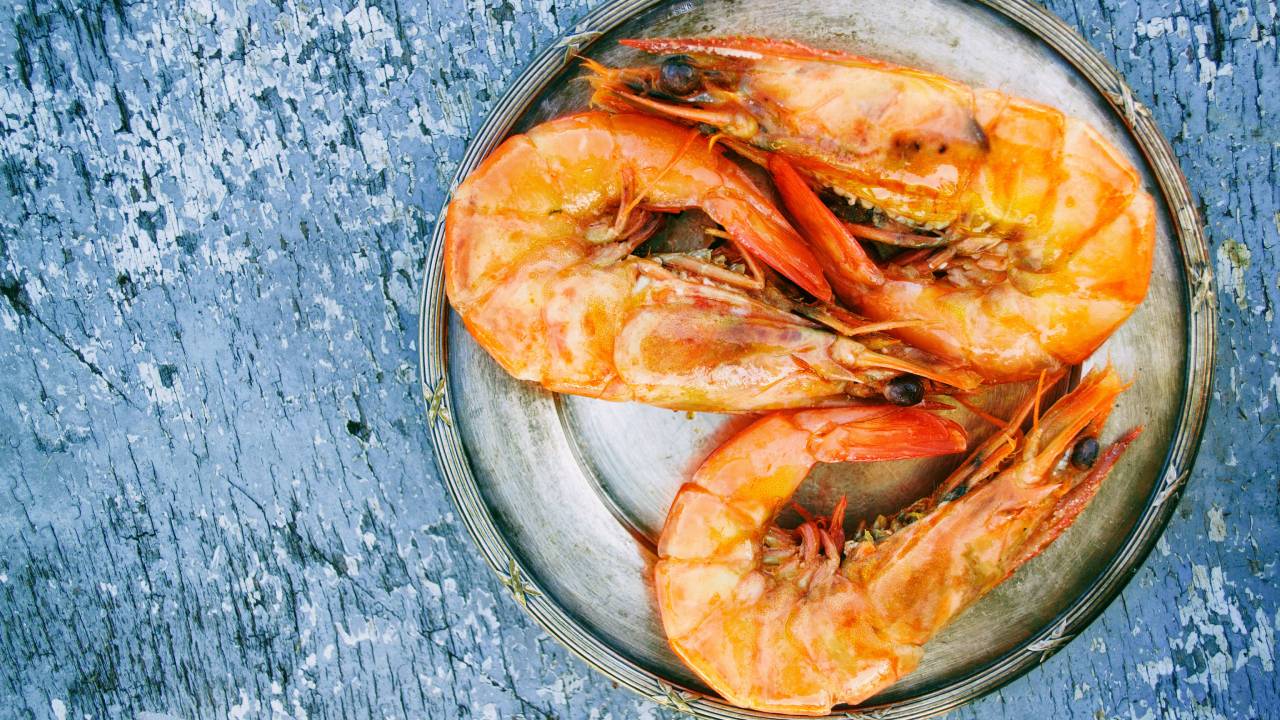
Can you put fish and seafood into a slow cooker? Yes and you’ll find many good recipes online and in cookbooks. However, if the fish you want to cook has a low fat content and cooks quickly with other cooking methods, you shouldn’t really put it in your slow cooker. Oysters, clams, shrimp, scallops and salmon will come out dry, rubbery and grainy as they’re too delicate for this type of cooking. If you want to slow cook a fish stew, there are a couple of exceptions to this ‘rule’. Octopus and squid are tougher than other seafood and bony fish so they can take on this type of low-slow cooking.
4. Pasta, rice & couscous
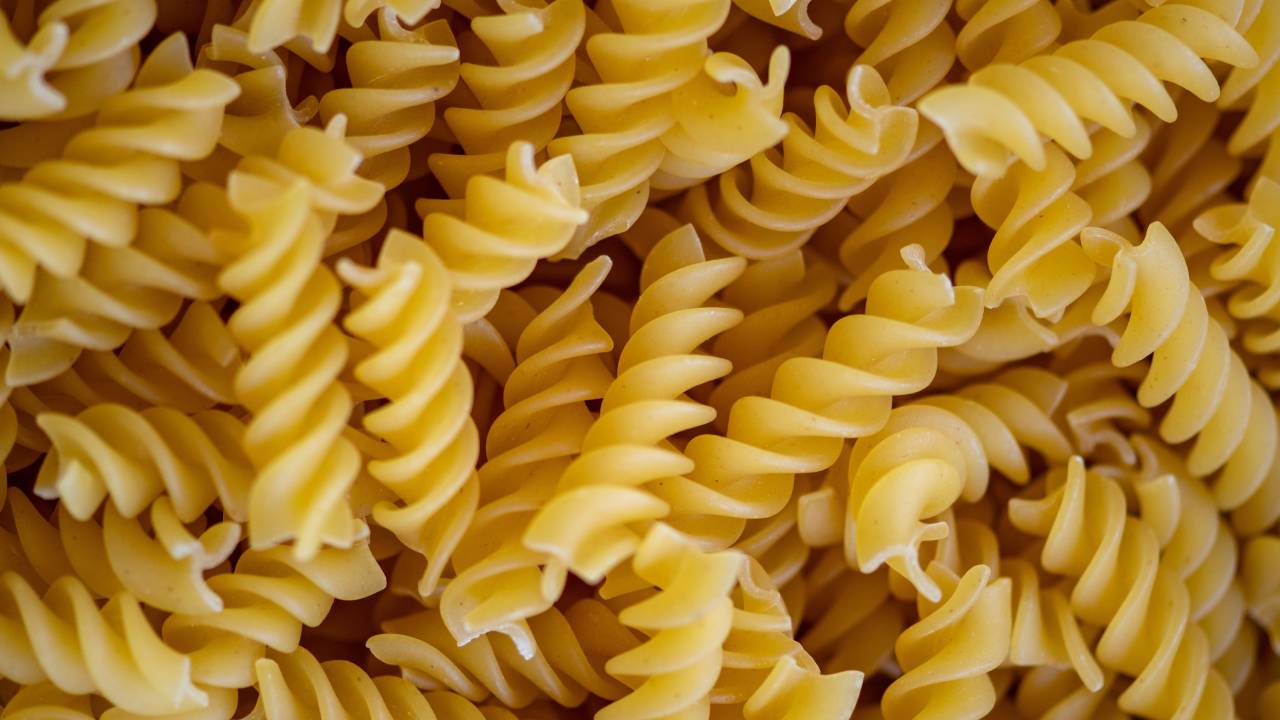
While there are slow cooker pasta bake recipes out there for you to try, cooking pasta, rice and couscous in the traditional way is much better than cooking it in a slow cooker. This is because pasta and couscous cooks too quickly in a slow cooker which can make it congeal and stick together. It’s best to cook your pasta in the best saucepan and cook your sauce separately in the slow cooker before combining. Depending on how hot your slow cooker is, rice can easily be overcooked or undercooked, leaving you with stodgy or crispy rice. Extending your cooking time can solve this problem but you should stick to a rice cooker for the best results.
5. Asparagus, courgette & peas
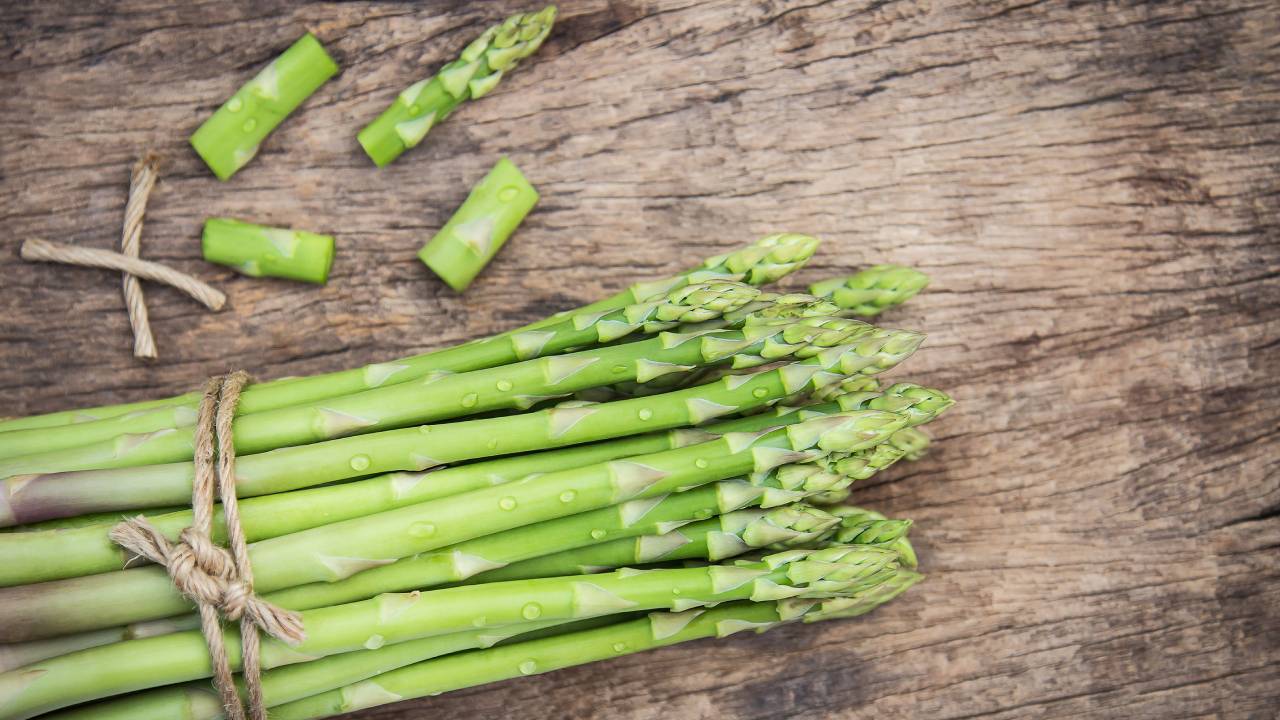
Delicate vegetables like asparagus, courgette and peas shouldn’t go in your slow cooker as they will go mushy and soggy, leaving you with an unappetising meal. Similarly, fresh soft herbs like basil and coriander will wilt in a slow cooker and you won’t get the most out of their flavours. When slow cooking vegetables, stick to carrots, onion, potatoes, leeks and other root vegetables, which work especially well in stews and soups. With herbs, keep them out of the slow cooker and stir them in at the end of cooking.
6. Dairy
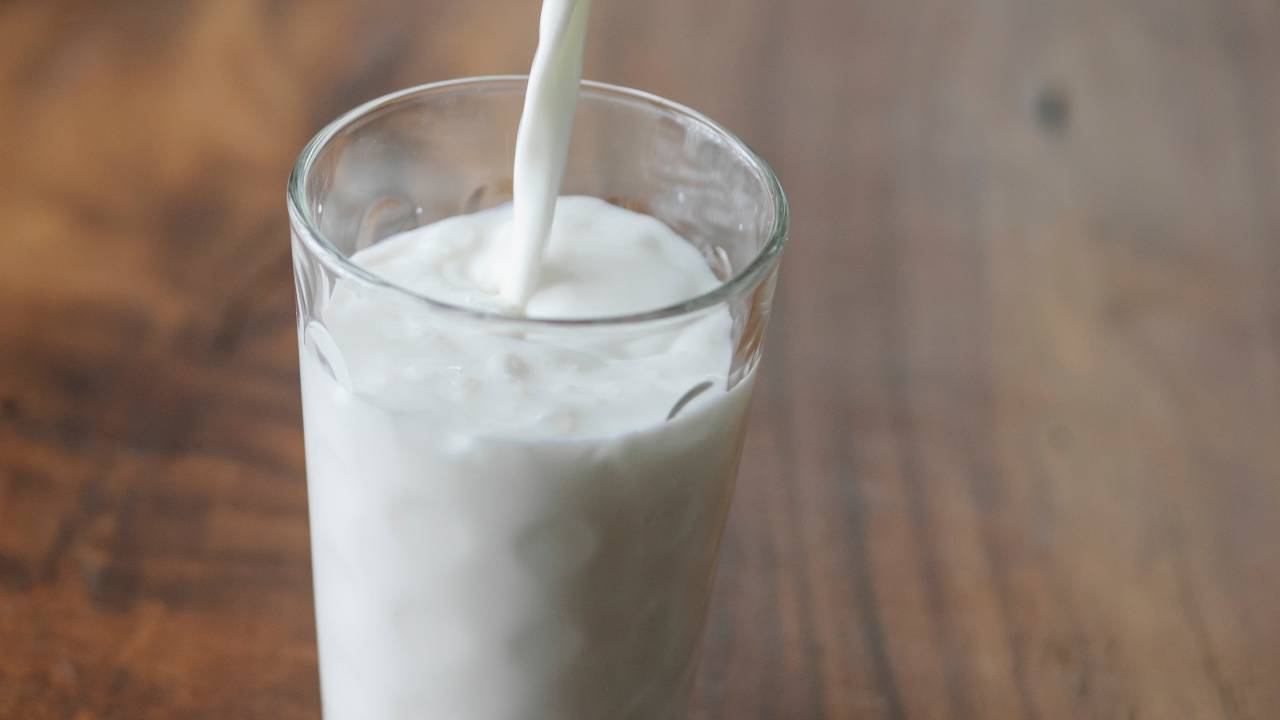
Dairy like cream, milk, yoghurt and plant-based alternatives don’t react well to slow cooking, as the long cooking time can cause them to separate and curdle. This leaves you with an unpleasant taste and your meal will come out grainy and watery. To solve this problem, stir in your dairy products at the end of your cooking.
7. Alcohol
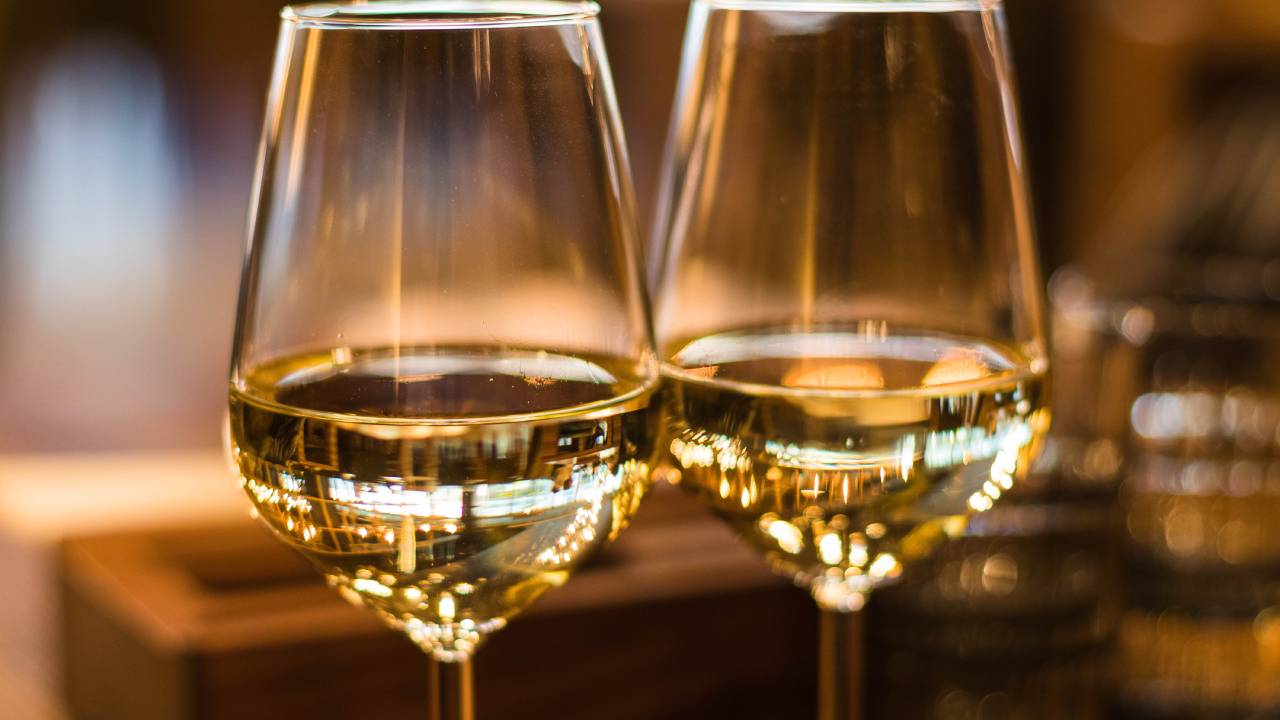
Adding a splash of wine or beer can enhance the flavour of your stew but it’s not the best idea to put it in a slow cooker. As slow cookers have a tightly sealed lid, liquid doesn’t evaporate easily so the alcohol won’t cook off, which needs to happen to deliver the best flavour. Without the alcohol cooked off, this will leave food tasting overly boozy which can be overpowering and ruin the taste of your meal.







